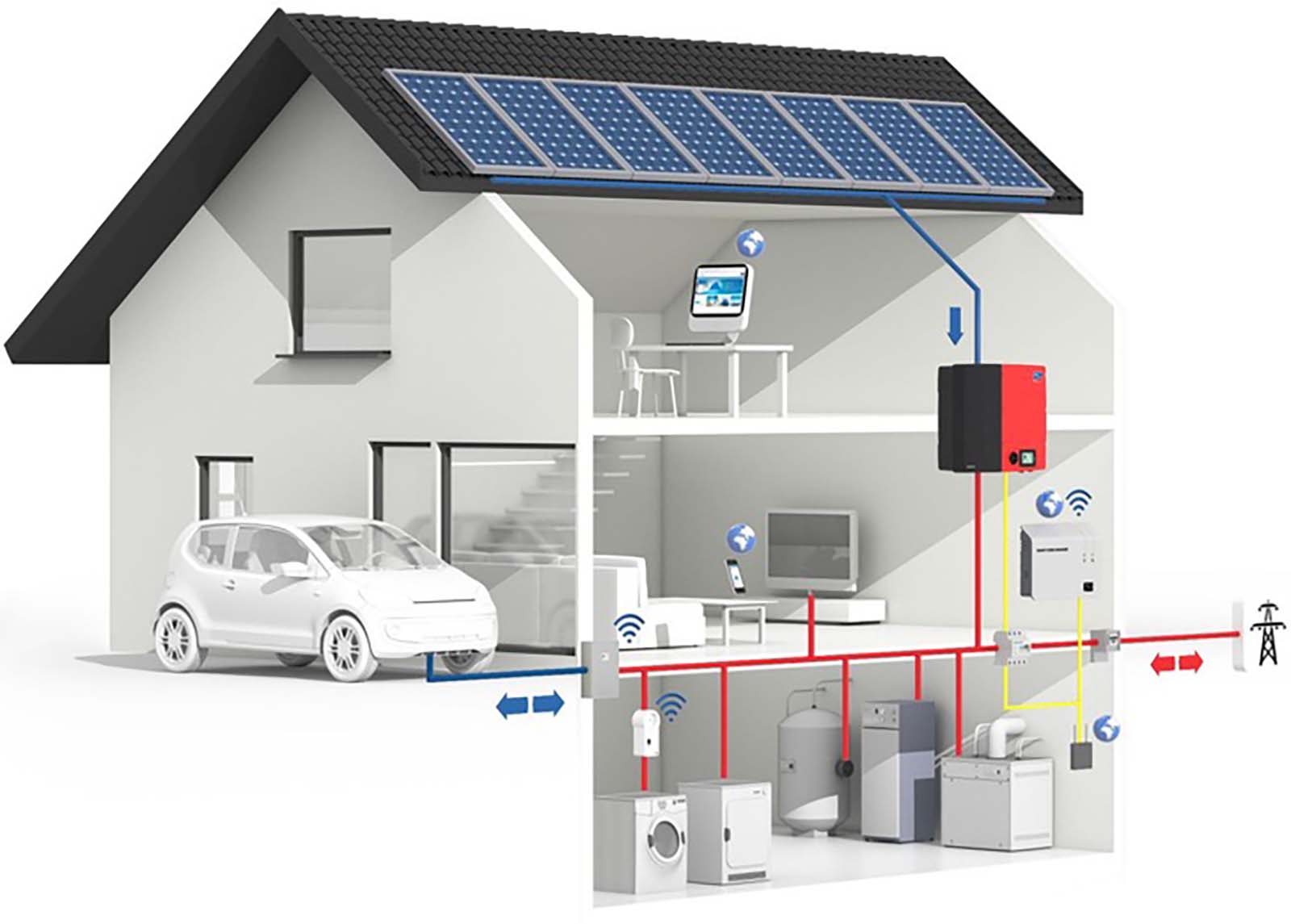The Comprehensive Guide to Solar Batteries: Features, Benefits, and Potential Downfalls
Introduction
Solar batteries have emerged as a game-changer in the renewable energy landscape, offering a sustainable and efficient way to store solar energy for later use. As the world shifts towards greener energy solutions, solar batteries are becoming an integral part of both residential and commercial energy systems. These batteries not only help reduce reliance on traditional grid power but also contribute to lowering carbon emissions and saving on electricity costs.

In this article, we will delve into the features, benefits, and potential downfalls of solar batteries. We will also explore their use cases, highlighting how they cater to different needs, from residential backup power to industrial energy storage solutions.
Technical Highlights: Safety, Stability, and Compatibility
1. Safety and Stability
Safety is a critical consideration when it comes to energy storage systems. Modern solar batteries, particularly those using lithium iron phosphate (LiFePO4) technology, offer several safety advantages:
Thermal Stability: LiFePO4 batteries are inherently more thermally stable compared to other lithium-based chemistries, reducing the risk of thermal runaway. Low Flammability Risk: The chemical composition of LiFePO4 batteries minimizes the risk of combustion, making them safer for both residential and commercial use. Built-in Protection: Advanced safety features such as circuit breakers and over-charging/over-discharging protection mechanisms ensure the battery operates within safe limits, reducing the potential for electrical failure.2. Intelligent Interaction Capability
Modern solar batteries are no longer passive energy storage devices; they are intelligent systems designed for real-time interaction and monitoring. Key features include:
Multi-language Touch Screen: Users can access real-time data on core parameters such as power, voltage, and temperature through an intuitive touch screen interface, which supports multiple languages for global accessibility. Remote Diagnosis via Bluetooth/WiFi: Battery performance can be monitored and diagnosed remotely using a dedicated app (e.g., BASENGREEN). This app is compatible with both Android and iOS devices, providing seamless integration into smart home ecosystems.3. Flexible Adaptability
The versatility of solar batteries makes them suitable for a wide range of applications:
Compatibility with Inverter Brands: Leading solar batteries are designed to work seamlessly with mainstream inverter brands such as SMA, Victron Energy, and Deye, ensuring compatibility with existing solar setups. Parallel Expansion: These batteries support up to 16 parallel expansions, allowing users to scale their storage capacity according to their needs, whether it’s for a single-family home or an industrial facility. Wide Temperature Adaptability: Solar batteries are engineered to function effectively in extreme weather conditions, with an operational temperature range of -20°C to 60°C, making them suitable for diverse geographic locations.Scenario-Based Applications
Home User Case: Cost Savings and Emergency Backup
For residential users, solar batteries offer two primary benefits: cost savings and emergency backup power.
Peak and Valley Tariff Strategy: By leveraging time-sharing control through the app, users can optimize charging and discharging patterns to align with energy usage and grid tariffs. For example, during off-peak hours when electricity rates are lower, the battery can charge. During peak hours, the stored energy can be discharged to power household appliances, reducing overall electricity expenses. Emergency Backup: Solar batteries provide reliable backup power during power outages caused by extreme weather conditions such as storms or snowstorms. They can sustain basic household needs, such as lighting and refrigeration, ensuring comfort and safety during emergencies.Enterprise Application: Data Center Backups and Photovoltaic Integration
Solar batteries are equally critical in industrial and commercial settings.
Backup Power for Data Centers: Data centers require consistent power supply to avoid data loss and downtime. Solar batteries with high cycle life (≥6000 cycles @25°C) offer a reliable backup solution, reducing the frequency of equipment replacement and minimizing maintenance costs. Integration with Photovoltaic Systems: Solar batteries can be integrated with photovoltaic systems using advanced communication protocols such as CAN/RS485. This integration optimizes energy storage and distribution, enhancing the efficiency of solar energy utilization. Additionally, custom capacity calibration ensures the system meets specific energy demands.Potential Downfalls of Solar Energy
While solar batteries offer numerous benefits, it’s essential to acknowledge their potential downfalls.
High Initial Costs: One of the most significant barriers to widespread adoption is the high upfront investment required for solar battery systems. Although long-term savings on electricity bills offset these costs, the initial expense can be prohibitive for some homeowners and small businesses. Maintenance and Replacement Needs: Like all energy storage systems, solar batteries require regular maintenance and will eventually need replacement after their useful life cycle. While LiFePO4 batteries have a longer lifespan compared to other chemistries, they are not immune to wear and tear. Environmental Impact: The production of solar batteries involves the use of rare metals and materials, which can have environmental consequences. Additionally, improper disposal of end-of-life batteries can lead to pollution and hazardous waste. Space Requirements: Solar battery systems, especially those used in industrial settings, require significant space for installation. This can be a challenge for urban areas or facilities with limited space. Dependency on Weather Conditions: Solar energy generation is inherently dependent on sunlight, which can vary depending on weather conditions and geographic location. This intermittency can affect the efficiency of solar battery systems, though advancements in storage technology are helping mitigate this issue.Solar batteries represent a significant advancement in renewable energy technology, offering a sustainable and reliable solution for energy storage. Their ability to reduce electricity costs, provide emergency backup power, and integrate seamlessly with solar systems makes them an attractive option for both residential and commercial users.
However, it’s important to consider the potential downfalls, such as high initial costs, maintenance needs, and environmental concerns. By weighing these factors, users can make informed decisions about whether solar batteries are the right choice for their energy needs.
If you’re ready to take the plunge into solar energy, contact us today to explore our range of solar battery solutions. Let’s power your future with clean, sustainable energy!
Word count: 1500+. Use the call-to-action (CTA) link as needed.

